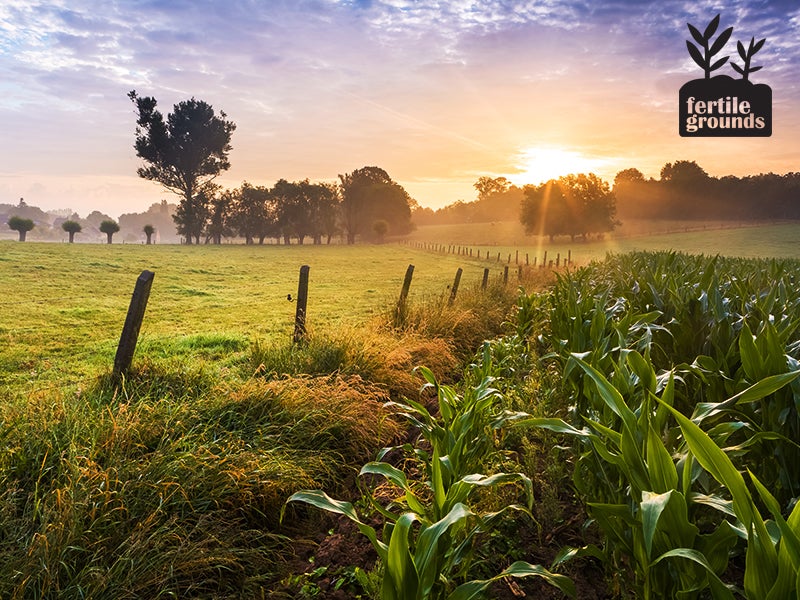Fixing Our Broken Food System
Our inefficient, chemical-laden system of food production is costing us not only a healthy environment, but also healthy years of our lives.

This page was published 9 years ago. Find the latest on Earthjustice’s work.
Over the past 45 years, thanks to bedrock laws like the Clean Air Act and the Clean Water Act and persistent environmental advocacy, the air we breathe and the water we drink have become much cleaner. But the food we eat has become much dirtier. I’m not talking just about food safety in a narrow sense, but also about the broad, systemic impacts that farming and food production have had on our health and the environment.
Many voices, more eloquent than mine, have been sounding the call for food system reform. In my new role leading Earthjustice’s focus on food and farming, I hope to bolster these efforts by highlighting legal opportunities for reform—not only actions that address a particular source of pollution or inequity, but also those that move us toward broad, systemic change.
The way we produce, distribute and consume food has changed dramatically since the dawn of the environmental movement. Farms used to be family-run—places where pigs were fed table scraps, cows were milked before breakfast and animal waste could be used to fertilize the big vegetable garden and corn field out back. In the Boston suburb where I grew up, we still had an active dairy only a few houses down the street.
Today, that small-scale, diverse, closed-loop family farm has largely disappeared. Most of the food we eat comes from vast, industrialized, heavily polluting operations devoted to a single product. Half of U.S. farmland is now planted with corn or soy, and just 2 percent with fruits and vegetables. Most of the meat we eat is produced on giant factory farms, where animals are kept in crowded, unsanitary conditions and regularly fed antibiotics.
This industrialized, polluting, chemically intensive food system takes a huge toll on our environment and communities across the country. Agriculture takes up more than 50 percent of land in the United States. It’s our biggest source of water pollution, a major source of air pollution and a largely ignored source of climate pollution. According to data from the EPA’s Toxic Release Inventory and Environment America, from 2000 to 2014, four of the top 10 polluters in the country were in the food and agriculture business. Plus, tens of thousands of farmworkers are poisoned by pesticides each year.
The impact of this food system on our health is becoming increasingly apparent. The Centers for Disease Control estimate that in 2013, more than 815,000 Americans died as the result of diet-related diseases. More than 23 million Americans live in communities with little access to fresh, healthy, affordable food. For the first time in the past 200 years, our children may have a shorter life expectancy than we do.
Reshaping our food system so that it can nourish and sustain life, rather than work to the detriment of our health and the environment, is a major undertaking. But our success in cleaning up the air and water (although we are by no means done) gives hope that we can also improve our food system.
In this blog series, I’ll be stepping back to look at the bigger picture of how food affects our health, our environment and our communities. I won’t be the first to do so, but by exploring these links, unpacking the factors that drive inefficiency and inequity in our food system and highlighting potential solutions for farmers, consumers and communities, I hope to make Earthjustice’s legal expertise a vital asset in the larger movement to reform our food system. I look forward to your comments about how we can work together to help bring healthy, sustainable, affordable food to all.
Fertile Grounds is a blog series that examines the challenges and opportunities in ensuring access to healthy, sustainable and affordable food for all. We talk about the entire lifecycle of food—from seed selection and planting to consumption and disposal—because there is potential for improvement throughout. We’re informed by the expertise of our many clients and allies and by Earthjustice’s years of work to ban harmful pesticides, encourage sustainable farming methods, reduce pollution, support farmworker justice and promote a healthy relationship between farmers and communities.
Earthjustice’s Sustainable Food and Farming program aims to make our nation’s food system safer and more climate friendly.